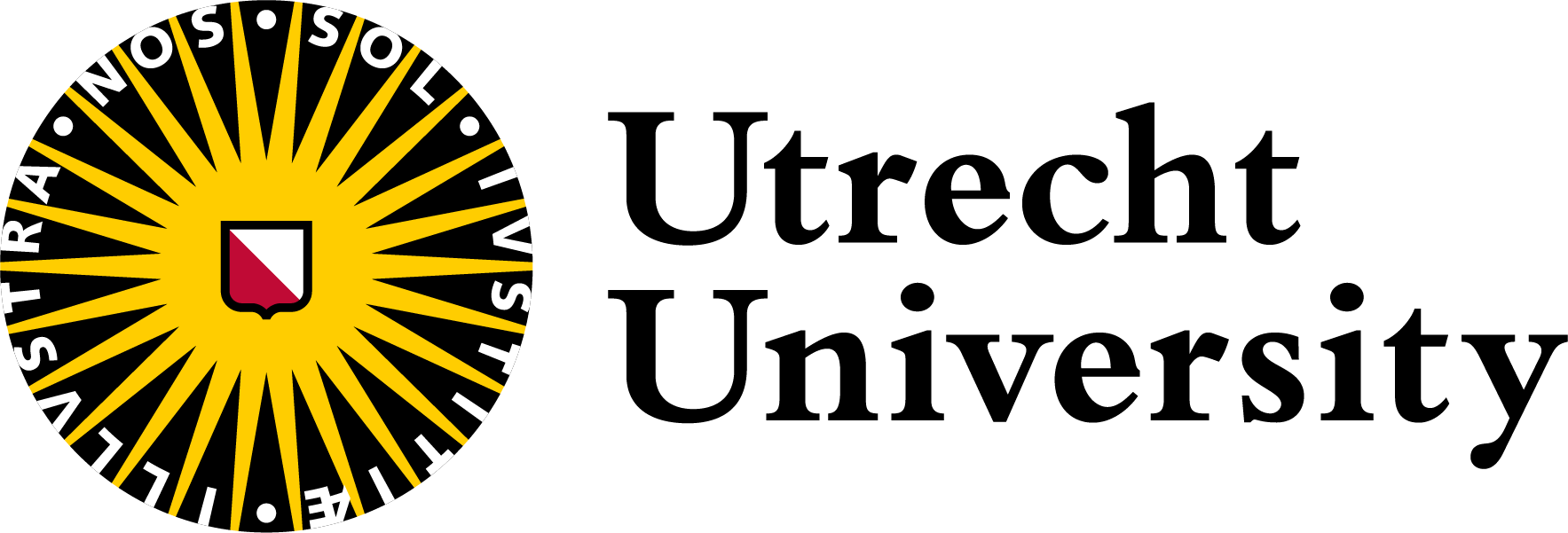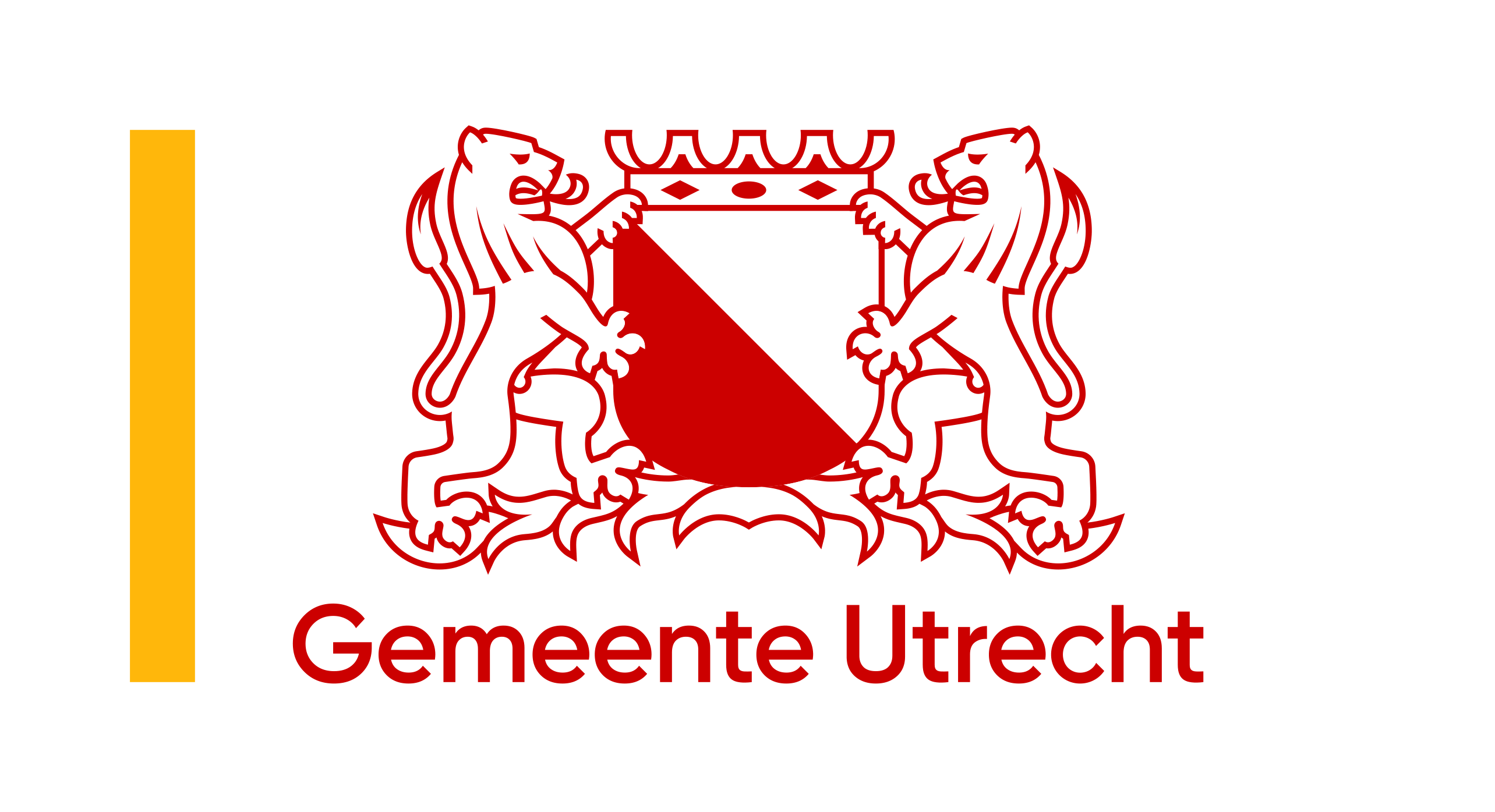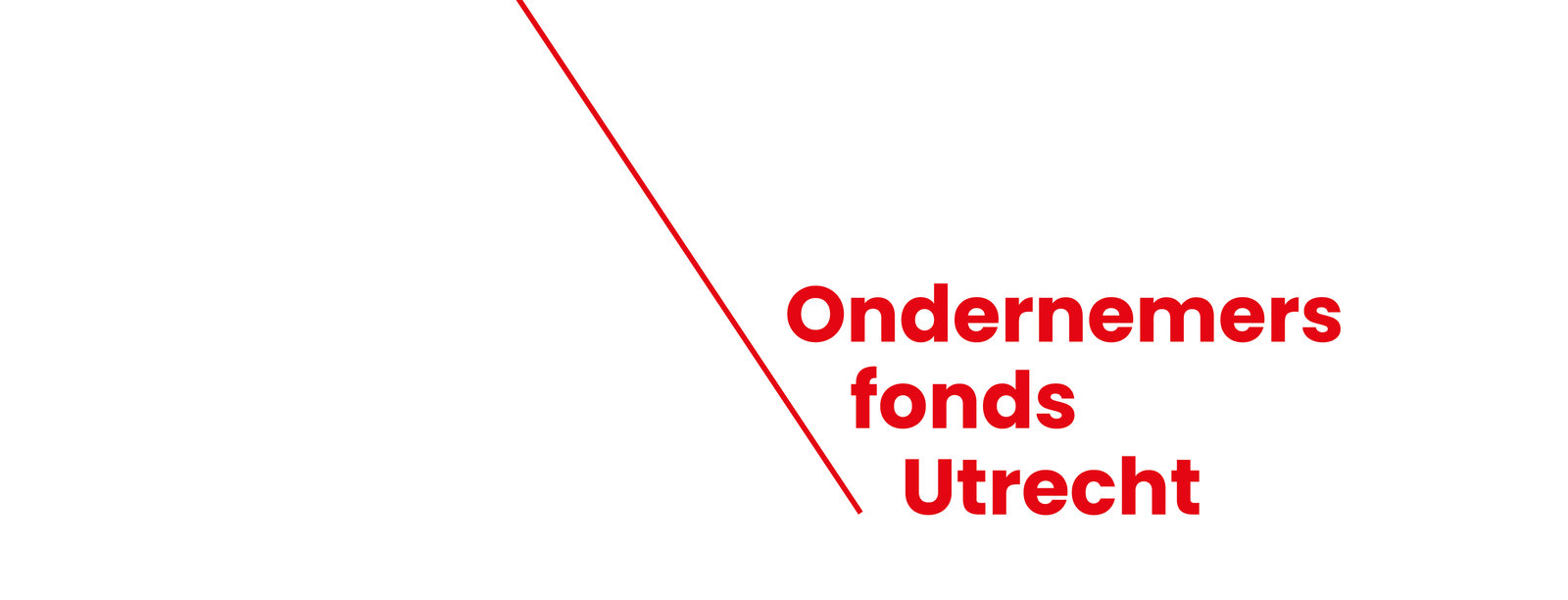Collaboration in healthcare is the fuel for innovation
After more than forty years in health care, including 25 years as a general practitioner and 15 years at the UMC Utrecht, he is bidding farewell: professor of family medicine and division chair of the Julius Center Niek de Wit. He advocates more cooperation between healthcare professionals to solve the challenges of the future. Because, he says, "Collaboration is the fuel for innovation."
GP care is a strong, central factor in health care in the Netherlands.But an aging population, more (complex) care demands, fewer informal caregivers, staff shortages and higher costs in health care bring major challenges. The GP profession is under pressure. Niek de Wit: "That calls for rethinking and organizing care differently. By this I mean real change, not just continuing with the same thing. The solution lies in working together in teams, with each professional doing what he or she does best." As an example, Niek mentions the academic practices in Leidsche Rijn that he and colleague Jan Oomes set up in 2009 from the UMC Utrecht. They were ambitious from the start. Multidisciplinary, innovative primary care close to the citizens.
The magic of Doctor Deeter is now scientifically underpinned
General medicine has become much better substantiated over the past twenty years. Where the general practitioner used to be a bit of a miracle doctor - 'Doctor Deeter makes everything better' by author Toon Tellegen - fast and efficient, but without knowing exactly how or why - the modern general practitioner is a well-trained primary care clinician who makes patients better 'evidence-based'. In a scientifically sound way, that is.
"Good family medicine means listening and communicating well, but above all knowing what is good medical practice. That 'evidence-based' thinking has developed in a tremendously positive way, with more than 100 professional NHG guidelines, which are also used in family medicine training. The focused professional training now consists of two years in a general practice and one year of external internships. This has led to a huge improvement in quality, making the new generation of family physicians much more knowledgeable. The magic of Doctor Deeter is now scientifically substantiated," says Niek de Wit.
The 'House of the GP' as central role
Cooperation: that is the fuel for the necessary innovation and change, according to Niek. "Only with a 'great team' can the GP continue to play that central role in the Dutch healthcare system in the future. Here, the 'House of the GP' will be central in the future, focusing on a district-oriented approach and cooperating professionals within the GP team. In this, nurse specialists and physician assistants do the initial care, practice support workers do the chronic care, and the GP does the coordination and the more complex patients."
Fewer treatments in the hospital, more pre- and aftercare at home
Together with colleagues from other Utrecht organizations, Niek de Wit also helped shape interprofessional cooperation in the region. One example is GRIP: a study that focuses on cooperation in oncological care with hospitals, general practitioners and home care organizations. The goal is to provide fewer treatments in the hospital and more pre- and post-cancer care at home. Thus, family doctors and district nurses play a greater role in oncology care. "It offers added value if we design care as much as possible in the patient's own home environment. At home if possible and only in the hospital if necessary.
Network care has the future
Care in the future will take shape within regional networks, Niek expects. "Only with an integrated approach in the region, with a strong emphasis on cooperation and specialization, and a good connection to patient needs, can we meet the challenges of the future. For this, good regional cooperation with other hospitals, general practitioner organizations, other healthcare organizations and the municipality, is an important prerequisite. UMC Utrecht has a crucial task in that regional healthcare network from its core academic tasks of research, innovation and training."
This has already taken shape in recent years in the Health Hub Utrecht. That is a regional partnership around prevention and wellness, with more than 40 parties from municipalities to healthcare and knowledge institutions. "All focused on reducing health disparities. Meanwhile, broad coalitions in the districts are working on a targeted work plan around improving youth health, strengthening the mental resilience of young people and enhancing the self-reliance of the elderly. The UMC has played an important pioneering role in this, including by linking these coalitions with the Knowledge Institutions at the Utrecht Science Park."
Future-oriented training
To prepare professionals for the care of the future, future-oriented training is crucial. University hospitals also play a major role in this. Niek: "UMC Utrecht is working on a new Medicine curriculum that will focus more on preparing students for care outside the hospital. We call this community engaged learning: a way of learning in which students, for example, supervise internships in the neighborhood and patients at home. Here, too, the regional network plays an important role: we work together with municipalities, GGD, nursing and care homes and elderly care, where students can do those internships. Medicine students are thus better prepared for their role in the future."
Source: UMC Utrecht








